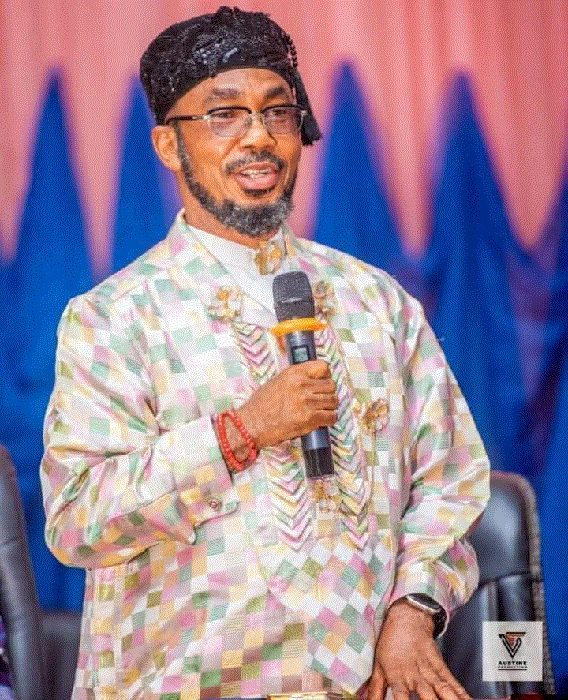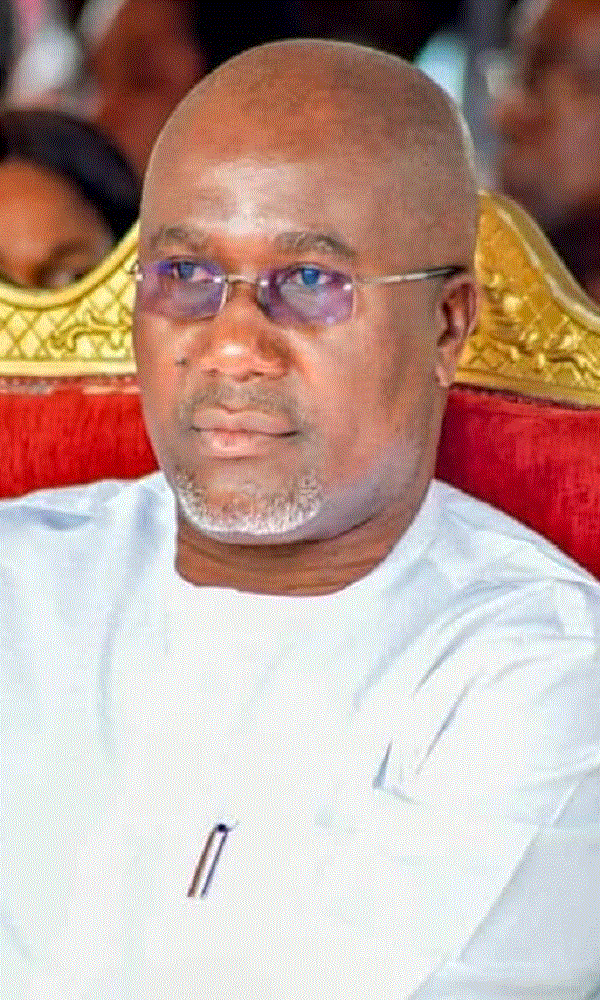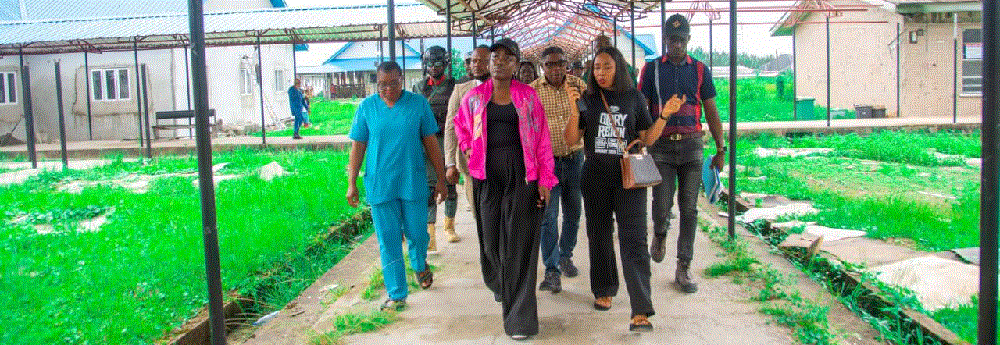Educational Challenges Require Efforts By All – Corps Members
Some members of the National Youth Service Corps NYSC, have expressed mixed reactions over the current educational challenges of the country, calling on leaders to inject more efforts into bringing education back to its enviable status.
The NYSC members, at a forum in Port-Harcourt which was in furtherance of their Community Development Service, CDS lamented the state of unemployment, the dilemma of the Nigerian graduates, corruption, general poor performance and inability of today’s graduates to justify their certificates in the labour market.
According to Idowu Adeyemi, a youth corps member, many first class graduates don’t get automatic employment anymore and consequently settle for any employment. He argued that, his counterparts in the United States remain focused on his medical career amidst boundless opportunities.
He further expressed deep regrets that outstanding graduates from the Nigerian University System now settle for teaching jobs, instead of adding value by providing requisite middle level manpower expertise to better the different sectors of the Nigerian economy.
On poor academic performance by graduates he described as half-backed. “Can you imagine a first class graduates of Banking and Finance failing GTB aptitude test? We need to find out, how did he get there?
His co-discussant, Joseph Andrew, noted that the situation is not totally bad as described, stating that the introduction of Civic Education into the curriculum had helped in some ways to solve the problem of corruption because of the awareness involved. He argued further that there are leadership courses taught in higher institutions of learning. He said the fact that youth corps members now teach in schools has equally helped to improve on standard, but he cautioned on the need to remove courses that would not lead to specialization in careers.
He advised the government to fund education adequately in line with UNESCO recommendation, even as he pointed out that some computer laboratories in some public and private schools are not functional. “You can imagine having a computer lab and all you can do when you need to type and print a document is to go and look for a business centre. There are others where students cannot even switch on the computer,” he said.
On why students are no longer learning like in the past, the discussants were unanimous in their views that lack of infrastructure took away their motivation. They equally agreed that studies are no longer competitive to give students motivation to learn more. They blamed erosion of the value systems, poor parenting and overall lack of interest on the dilemma characterizing the nation’s education sector.
Helen Njoku, a youth corps member and graduate of Adult and Community Education said that governments at different levels needed to do more to ensure that teachers and lecturers work in a conducive environment and are given necessary exposure through exchange programmes and workshops that will in turn help them to give back to the school system.
She urged that, despite influx of technological knowledge, the generation of Nigerians who went to school using slates to learn and write performed better.
She lamented that with technology Nigerian students are supposed to grow in wisdom and awareness of the positive development in technology but blamed inconsistencies in policy formulation on the downward trends affecting the school system.
They all commended the NYSC for constantly providing manpower for teaching in the public and private schools in Nigeria and called on different sectors to rise up to their mandate for the common good of Nigerians.




